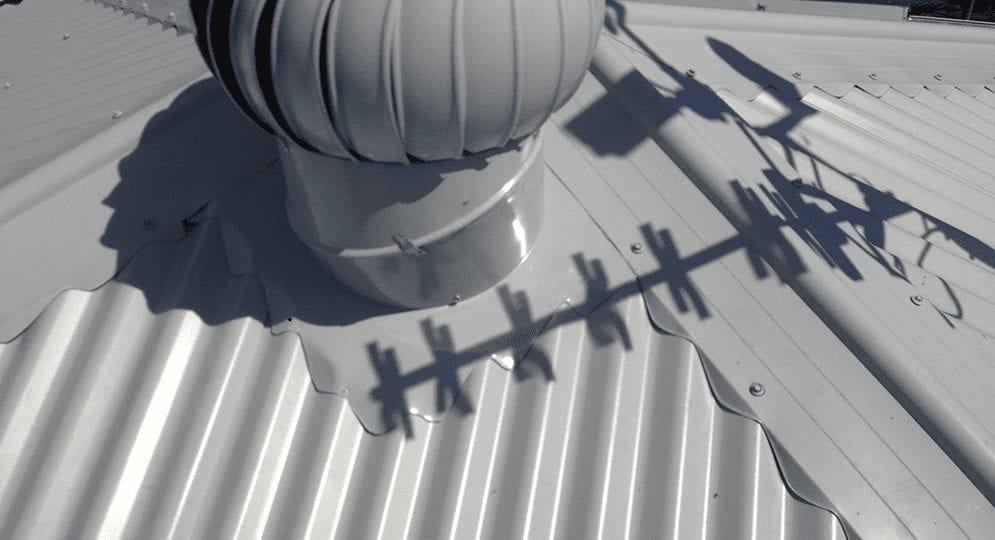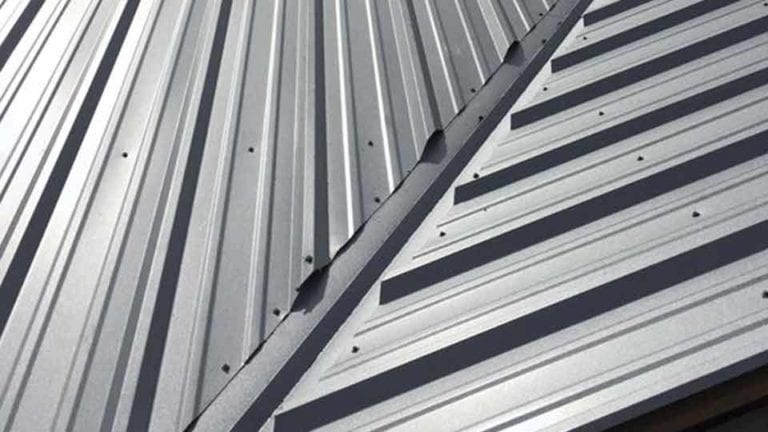The Complete Guide to Roofing Products, Materials, and Supplies
Sheet Metal Roofing Fabrication – Contact us Now or Call Directly – 1300-564-612
Whirlybird Roof Vents Installation packages Greater Sydney Area – Click Here
Rain Heads to the Trade Shipped Free Australia Wide – Click Here >
Dambuster Rain Heads Shipped Free Australia Wide – Click Here >
Gutter Sumps to the Trade Shipped Free Australia Wide – Click Here >
Eco-Friendly Roofing Insulation Shipped Free – Click Here >
Introduction
The roof of a building is one of its most crucial components. It provides protection from the elements, insulates the interior, and contributes to the overall aesthetics of the structure. Choosing the right roofing products, materials, and supplies is essential for a durable and attractive roof. In this comprehensive guide, we will explore various roofing options, roofing contractors, and where to find roofing materials online in Australia. Whether you’re planning a new roof installation or need roofing repairs, this article will equip you with the knowledge to make informed decisions.
Roofing Products and Materials
1. Roofing Tiles
Roofing tiles are a popular choice for both residential and commercial buildings. They come in various materials, including clay, concrete, and slate. Each type of tile has its unique characteristics and advantages.
- Clay Tiles: Clay tiles are known for their durability and timeless beauty. They are resistant to fire and insect damage, making them a suitable choice for areas prone to wildfires. Clay tiles are also energy-efficient, as they help regulate indoor temperatures.
- Concrete Tiles: Concrete tiles are more affordable than clay tiles and offer similar durability. They come in a wide range of colors and styles, allowing for customization. Concrete tiles are also energy-efficient and have a longer lifespan than traditional asphalt shingles.
- Slate Tiles: Slate tiles are renowned for their elegance and longevity. They are naturally resistant to fire and water, making them ideal for harsh weather conditions. However, slate is heavier than other roofing materials, so proper structural support is necessary.
2. Roof Shingles
Roof shingles are a versatile roofing option, with various materials to choose from, including asphalt, wood, and fiberglass.
- Asphalt Shingles: Asphalt shingles are the most commonly used roofing material in the United States due to their affordability and ease of installation. They are available in a range of colors and styles. However, they may have a shorter lifespan compared to other materials.
- Wood Shingles: Wood shingles, often made from cedar or redwood, provide a natural and rustic appearance. They are eco-friendly and have excellent insulation properties. Regular maintenance is required to prevent rot and decay.
- Fiberglass Shingles: Fiberglass shingles are lightweight and durable. They are less prone to warping and have good fire resistance. Fiberglass shingles are available in various styles and can mimic the appearance of other materials, such as wood or slate.
3. Roofing Sheets
Roofing sheets are a cost-effective option for large roofing projects, such as warehouses and industrial buildings. They are typically made from metal, polycarbonate, or fiberglass.
- Metal Roofing Sheets: Metal roofing sheets, commonly made from steel or aluminum, are known for their durability and low maintenance requirements. They are available in different profiles, including corrugated and standing seam. Metal roofs can last for decades and are energy-efficient.
- Polycarbonate Roofing Sheets: Polycarbonate roofing sheets are translucent and provide excellent natural light inside a structure. They are lightweight and durable, making them suitable for applications like greenhouses and patio covers.
- Fiberglass Roofing Sheets: Fiberglass roofing sheets are lightweight and easy to install. They are resistant to corrosion and can withstand harsh weather conditions. Fiberglass sheets are commonly used in industrial settings.
Roofing Supplies, Tools, and Accessories
1. Roofing Supplies
Roofing supplies encompass a wide range of materials and components necessary for roof installation and repair. Some essential roofing supplies include:
- Underlayment: Underlayment is a protective layer placed beneath the roofing material to provide additional insulation and waterproofing.
- Flashing: Flashing is used to seal joints and transitions in the roof, such as around chimneys and vents, to prevent water infiltration.
- Fasteners: Proper fasteners, such as nails and screws, are essential for securely attaching roofing materials to the structure.
- Ventilation Products: Adequate ventilation is crucial for maintaining the longevity of a roof and preventing moisture-related issues. Ventilation supplies include ridge vents and soffit vents.
2. Roofing Tools
Roofing projects require specific tools to ensure precision and efficiency. Here are some essential roofing tools:
- Roofing Hammer: A roofing hammer, also known as a roofing hatchet, has a square head and a claw for removing old roofing materials.
- Roofing Nailer: Roofing nailers are pneumatic or electric tools designed for quickly and securely fastening roofing materials.
- Roofing Shovel: A roofing shovel, or tear-off spade, is used to remove old roofing materials before installing new ones.
- Roofing Square: A roofing square is a measuring tool used for laying out and cutting roofing materials accurately.
- Seam Rollers: Seam rollers are used to press and seal seams in roofing materials, ensuring a watertight seal.
3. Roofing Accessories
Roofing accessories enhance the functionality and aesthetics of a roof. Some common roofing accessories include:
- Roof Ridge Caps: Ridge caps are installed at the peak of a roof to cover the ridge and protect against water infiltration.
- Roofing Underlayment: High-quality underlayment provides an additional layer of protection against moisture and helps regulate temperature.
- Gutter Systems: Gutters and downspouts are essential for directing rainwater away from the roof and the foundation of the building.
- Roofing Insulation: Proper insulation improves energy efficiency and helps maintain a comfortable indoor environment.
Roofing Contractors and Companies
1. Roofing Contractors
When it comes to roofing installation and repairs, hiring a qualified roofing contractor is crucial. Here are some factors to consider when choosing a roofing contractor in Australia:
- Credentials: Ensure that the contractor is licensed and insured. This protects you in case of accidents or damage during the project.
- Experience: Look for contractors with a proven track record and experience in the type of roofing material you plan to use.
- References: Request references from previous clients to gauge the contractor’s reliability and quality of work.
- Written Estimates: Obtain written estimates from multiple contractors to compare pricing and scope of work.
- Warranty: Inquire about warranties offered by the contractor for both materials and labor.
2. Roofing Companies
In addition to hiring individual contractors, you can also consider reputable roofing companies that offer comprehensive roofing services. Roofing companies often have a team of skilled professionals and access to a wide range of roofing materials and products.
Here are some well-known roofing companies in Australia:
- CSR Roofing: CSR Roofing is a leading supplier of roofing materials in Australia. They offer a wide range of roofing products, including clay and concrete tiles.
- Stratco: Stratco is a trusted name in the roofing industry, providing metal roofing solutions and accessories.
- Monier Roofing: Monier specializes in concrete and terracotta roofing tiles and is known for its durable and aesthetically pleasing products.
- Bluescope Steel: Bluescope Steel is a major manufacturer of steel roofing materials, including COLORBOND® steel, which is popular for its durability and variety of colors.
Roofing Materials Online in Australia
The convenience of online shopping has extended to the roofing industry. Many suppliers and manufacturers offer roofing materials online, allowing customers to browse and purchase products from the comfort of their homes. Here’s how to find roofing materials online in Australia:
1. Manufacturer Websites
Many roofing material manufacturers have official websites where you can explore their product catalog, access technical information, and even request quotes. These websites often have a “Where to Buy” or “Find a Retailer” feature that directs you to local distributors.
2. Online Retailers
Several online retailers specialize in roofing materials and supplies. These platforms provide a wide selection of products from various manufacturers, making it easy to compare prices and features. Some well-known online roofing material retailers include Roofing Superstore, Roofing Megastore, and Roofing Online.
3. Local Distributors
While online shopping is convenient, it’s essential to support local businesses when possible. Many local roofing supply stores have websites where you can browse their inventory and place orders for pickup or delivery.
4. Auction and Classified Websites
In some cases, you might find roofing materials for sale on auction and classified websites like eBay and Gumtree. However, exercise caution when buying from these platforms, as the quality and condition of the materials may vary.
Conclusion
A well-maintained and properly installed roof is crucial for the longevity and protection of any building. Whether you’re considering roofing installation, repairs, or upgrades, it’s essential to understand the various roofing products, materials, supplies, tools, and accessories available to you. Additionally, selecting a reputable roofing contractor or roofing company in Australia can make a significant difference in the outcome of your roofing project. With the convenience of online shopping, finding the right roofing materials and supplies has become more accessible than ever. By arming yourself with knowledge and making informed decisions, you can ensure that your roof not only serves its functional purpose but also enhances the overall aesthetics and value of your property.


